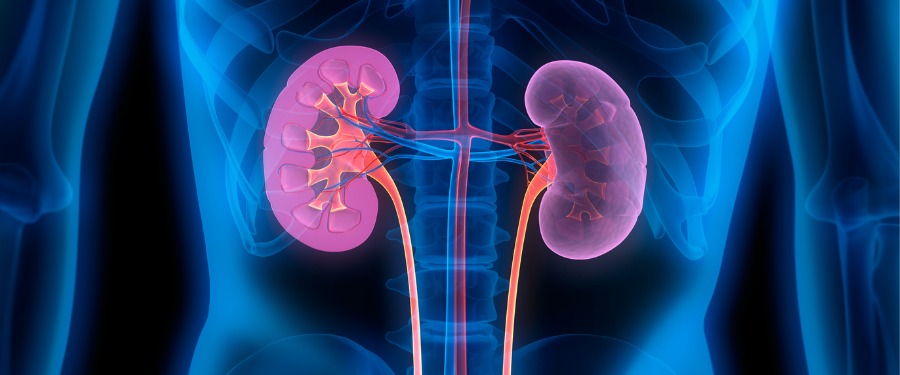Managing the symptoms of IgAN

IgA nephropathy, also known as IgAN or Berger disease, is a common kidney disease that can impact any individual at any age. It is one of the most prevalent kidney diseases other than those caused by diabetes or high blood pressure, but the cause and the cure for this condition remain unknown.
Because of this, individuals diagnosed with IgAN must work with their care teams to focus on symptom management. Today, we’ll discuss what IgAN is, what symptoms it can cause, and how treatments can slow kidney damage and help reduce the impact of symptoms for those diagnosed.
What is IgAN?
IgA nephropathy occurs when IgA, a naturally occurring antibody, builds up in the kidneys. This leads to inflammation and damage to the kidney’s glomeruli, which impacts the kidneys’ ability to filter waste from the blood. Anyone can develop IgAN, and while some patients inherit it, others are impacted even with no family history.
Common IgAN symptoms
The symptoms of IgAN often do not become apparent in the early stages of the disease, but as kidney damage progresses, they can become more pronounced. Everyone’s experience with IgAN symptoms is different, but some common experiences include:
- Blood in the urine
- Proteinuria (protein in the urine)
- Back pain below the ribs
- Swelling of the hands and feet
- High blood pressure
- Fatigue and weakness
How to manage the symptoms of IgAN
Because there is no known cure, the current course of treatment focuses on symptom management and slowing kidney damage caused by IgAN. Dietary changes, immunosuppressants, ACE inhibitors, and more can all work in tandem to assist in disease management.
Corticosteroids and immunosuppressant medication: Steroids and immunosuppressants are useful in calming the body’s immune system in order to prevent it from continuing to attack the glomeruli.
ACE inhibitors and ARBs: These medications are used to reduce protein loss and control blood pressure to avoid complications.
Dietary changes: For IgAN, diet changes such as reducing sodium and protein can reduce the strain on the kidneys and thus help their functioning capacity.
Vitamins and supplements: For some patients, care providers may recommend vitamins and other supplements such as fish oil to further reduce the impact of symptoms.
Researchers are currently working on studies that help them learn more about IgAN and individuals living with the condition, and volunteers are needed to take part. Participating in research is vital to helping science move forward and discover new and better treatment options. To learn more about current IgAN clinical trials, click the button below to get started.
Topics: For Patients
